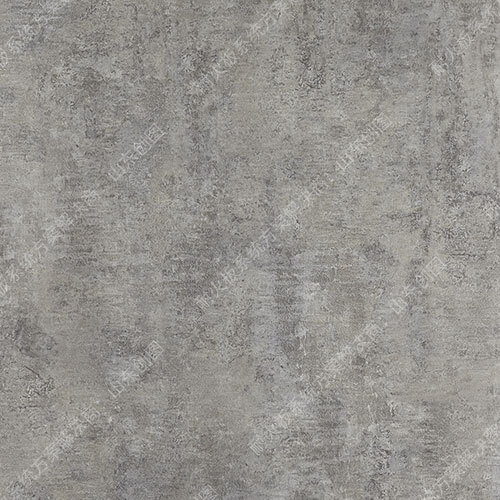內(nèi)窺鏡能夠有效的提高工作人員檢查設(shè)備問題效率���,可以檢查部件內(nèi)部的腐蝕�、銹斑�����、鐵屑異物��、對(duì)接焊縫等質(zhì)量缺陷等��。那么它是怎樣確定設(shè)備存在的問題呢���?從下述幾個(gè)方面可知設(shè)備出現(xiàn)了問題。
The endoscope can effectively improve the efficiency of staff to check equipment problems, and can check the quality defects such as corrosion, rust spots, iron filings and foreign matters, butt welds and so on. So how does it determine the problems of the equipment? It can be seen from the following aspects that there is a problem with the equipment.
1��、裂紋
1. Crack
光束照射到被檢測(cè)物體表面時(shí)��,觀察到黑色或者亮色線條�,而且放大一定倍數(shù),發(fā)現(xiàn)線條周圍有不規(guī)則邊緣時(shí)�����,可判定為裂紋。
When the light beam irradiates the surface of the detected object, black or bright lines are observed and magnified by a certain number of times. When irregular edges are found around the lines, it can be determined as cracks.
2���、腐蝕
2. Corrode
光束照射下�,觀察有塊狀����、點(diǎn)狀不光滑表面,在一定放大倍數(shù)下輕微凹凸不平為腐蝕��。
Under the irradiation of the light beam, it is observed that there are massive and point shaped unsmooth surfaces, and slight unevenness under a certain magnification is corrosion.
3��、焊漏
3. Welding leakage
光束以合適角度照射時(shí)�����,觀察到與熔化金屬相連�,無分界線的凸起時(shí)則為焊漏。
When the beam is irradiated at an appropriate angle, it is observed that it is connected with the molten metal, and the bulge without boundary is welding leakage.
4���、起皮
4. Peeling
當(dāng)光束平行照射時(shí)����,發(fā)現(xiàn)在凸起部分背后有陰影;改變光束照射角度�����,則發(fā)現(xiàn)表面凸起部分與周圍被檢測(cè)物有明顯分界線�����,則可判定為起皮�����。
When the beam is irradiated in parallel, it is found that there is a shadow behind the convex part; When the beam irradiation angle is changed, it is found that there is an obvious boundary between the convex part of the surface and the surrounding tested object, it can be determined as peeling.
5���、拉線和劃痕
5. Cables and scratches
在光束照射下�����,如發(fā)現(xiàn)被測(cè)物表面存在較規(guī)則的連續(xù)性長線,判定為拉線��。
Under the irradiation of light beam, if there is a regular continuous long line on the surface of the measured object, it is determined as a stay wire.
6��、斑點(diǎn)
6. Speckles
在光束照射時(shí)�,觀察到與周圍被檢物色澤不同的光滑無凹凸表面可判定為斑點(diǎn)。
When the light beam is irradiated, the smooth non concave convex surface with different color from the surrounding tested object can be determined as spots.



 公司:匠仁醫(yī)療設(shè)備有限公司
公司:匠仁醫(yī)療設(shè)備有限公司 